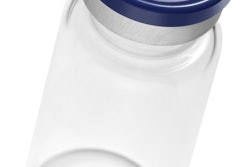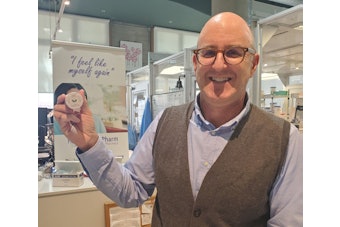Two new clinical trials are examining the safety and acceptability of antiretroviral medicines administered by injection as a means of protecting against HIV infection, according to the National Institutes of Health.
“A safe, long-acting, injectable antiretroviral capable of protecting against HIV acquisition may serve as an attractive and feasible alternative to a daily pill for some individuals at highest risk for HIV infection and could, therefore, be a powerful HIV prevention tool,” said National Institute of Allergy and Infectious Diseases Director Anthony S. Fauci, M.D.
The HPTN 076 trial, which will be conducted in South Africa, the United States and Zimbabwe, is a Phase 2 study to evaluate the safety and acceptability of rilpivirine LA, a long-acting injectable form of the FDA-approved antiretroviral drug rilpivirine (TMC278) from Janssen Sciences Ireland UC.
The HPTN 077 Phase 2 trial, sponsored by NIAID, will evaluate the safety, pharmacokinetics, and acceptability of injectable GSK1265744 (cabotegravir), an investigational antiretroviral drug from GlaxoSmithKline that is being simultaneously developed for both HIV treatment and prevention in oral and injectable form.
The oral anti-HIV medication Truvada, is currently the only antiretroviral drug approved by the FDA for daily use in combination with safer sex practices to prevent HIV infection. It is also approved by the FDA for HIV treatment.
But, studies have shown that some people at greatest risk for HIV infection may have difficulty adhering to a daily pill regimen to protect against HIV acquisition — an approach called pre-exposure prophylaxis, or PrEP.
This is why researchers have pursued long-acting formulations of antiretroviral drugs that can be given much less frequently, with the hope of improving adherence.
The studies are being funded by NIAID, part of the National Institutes of Health, and conducted by the NIAID-funded HIV Prevention Trials Network.






















